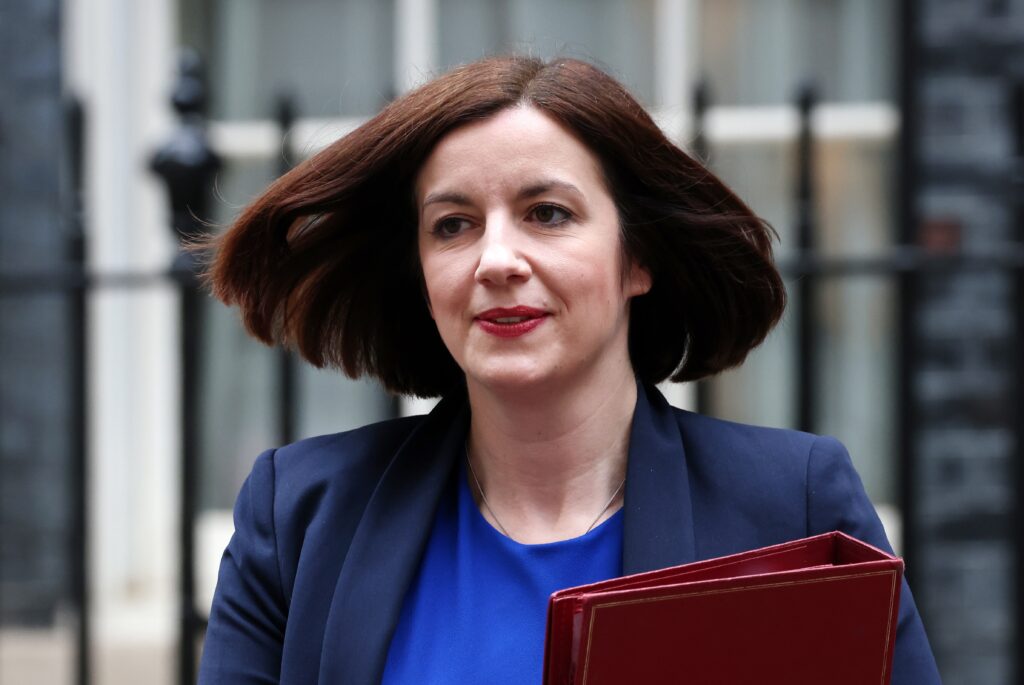The decline “has … been increasingly difficult,” said Arrowsmith, stressing “one of the main sources of funding that was helping to mitigate the reduction in resource is … no longer quite as stable.”
 Education Secretary Bridget Phillipson insisted the government will “always welcome international students where they meet the requirements to study.” | Andy Rain/EPA
Education Secretary Bridget Phillipson insisted the government will “always welcome international students where they meet the requirements to study.” | Andy Rain/EPA
While international fees rose without any cap, domestic tuition fees were frozen from 2017 until this fall at £9,250. Despite rising to £9,535, the hike in employers’ national insurance contributions hampered extra savings — forcing universities to tighten their purse strings.
A Universities UK survey of 60 institutions in May found 49 percent closed courses to reduce costs, up from 24 percent in spring 2024. In the same month, the Office for Students, which regulates higher education, forecast a third consecutive year of financial decline in 2024/25.
“Inflation has been particularly high,” argued Arrowsmith, “That really exacerbated the situation,” particularly when there were “increased expectations” on academic research.
It’s little surprise the House of Commons’ Education Committee is investigating potential insolvency within higher education institutions.
The Department for Education reiterated that the independence of universities meant they must ensure sustainable business models. But Willetts and Hodge disagreed on whether increasing domestic fees would improve the situation.
